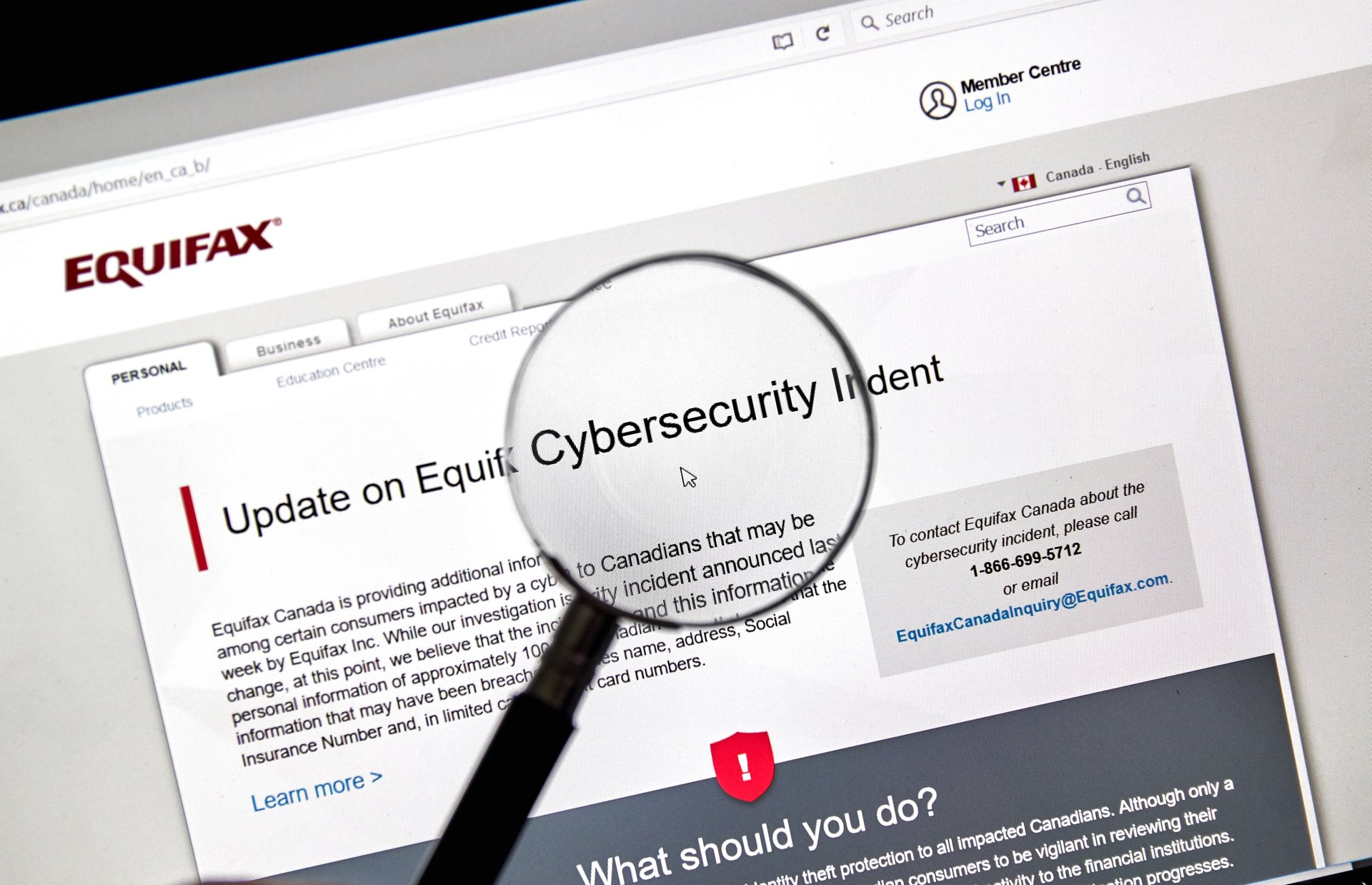
It’s been several months since Equifax announced a breach of sensitive personal data that potentially left tens of millions of consumers at risk of identity theft and similar crimes.
The credit-reporting company made that announcement on Sept. 7 — sending folks scrambling to safeguard their credit. Consumers who learned they might have been affected pursued options like fraud alerts.
The most widely available type of fraud alert lasts for only 90 days, however. So, if you opted for one in the wake of the Equifax hack, it either recently expired or will soon do so.
That means you have another decision to make: Should you renew the fraud alert, or to pursue another option?
How fraud alerts work
As the U.S. Consumer Financial Protection Bureau (CFPB) defines it, a fraud alert “requires creditors who check your credit report to take steps to verify your identity before opening a new account, issuing an additional card, or increasing the credit limit on an existing account based on a consumer’s request.”
Fraud alerts are free and relatively easy to put in place. If you request a fraud alert from one of the major nationwide credit-reporting companies — Experian, Equifax and TransUnion — it must inform the others.
There are two main types of fraud alerts: initial and extended.
An initial fraud alert lasts for 90 days. So, you must renew it every 90 days for as long as you want it to remain in effect.
An initial fraud alert is meant for folks who believe they are a fraud victim or are at risk for soon becoming one. You can request an initial fraud alert from Equifax, for example, by completing an online form.
An extended fraud alert lasts for seven years. But it’s reserved for victims of identity theft. You must have reported such a crime to the appropriate authorities to get an extended fraud alert.
To request an extended fraud alert from Equifax, for example, you must mail or fax the police report in which you reported the identity theft, or the U.S. Postal Service report in which you reported a mail theft.
Alternatives to fraud alerts
Credit monitoring is another alternative to fraud alerts. But we have advised against it. Money Talks News founder Stacy Johnson details why in “4 Reasons You Should Never Pay for Credit Monitoring.”
If you know that your sensitive personal data may have been compromised in the Equifax breach, your best bet may be a credit freeze, also known as a security freeze.
Putting a security freeze on your credit reports is arguably the single best measure against identity theft. It will block would-be thieves from opening credit accounts in your name. For more detail, check out “After Equifax Data Hack, Should I Freeze My Account?”
Plus, in most states, a credit freeze remains in effect until you choose to lift it, according to the U.S. Federal Trade Commission (FTC). In a few states, it expires after seven years.
A credit freeze is generally not free, however — fees vary by state. Obtaining one is also a little more work than obtaining a fraud alert. You must freeze your credit with each of the three major credit-reporting companies.
Lastly, while a credit freeze might be the best measure against identity theft, it’s not perfect. It cannot protect you from all forms of identity theft, as we explain in “Why Freezing Your Credit Won’t Fully Protect You After the Equifax Breach.”
What has your experience been with identity-theft prevention measures? Share with us by commenting below or on our Facebook page.




Add a Comment
Our Policy: We welcome relevant and respectful comments in order to foster healthy and informative discussions. All other comments may be removed. Comments with links are automatically held for moderation.